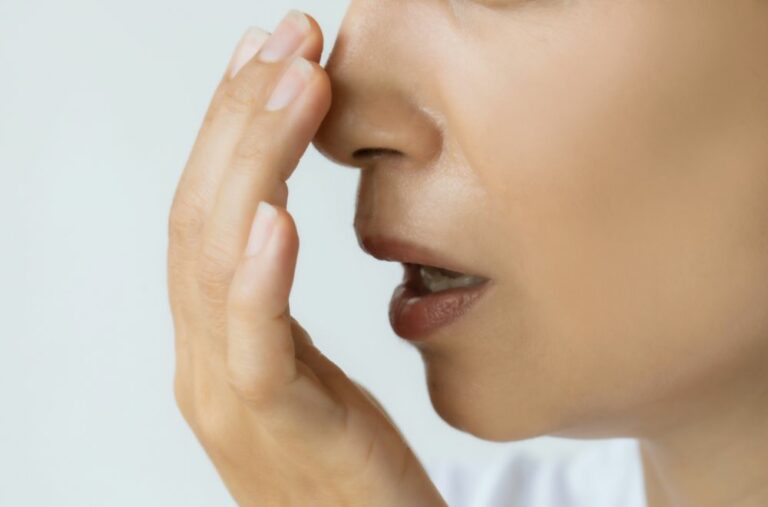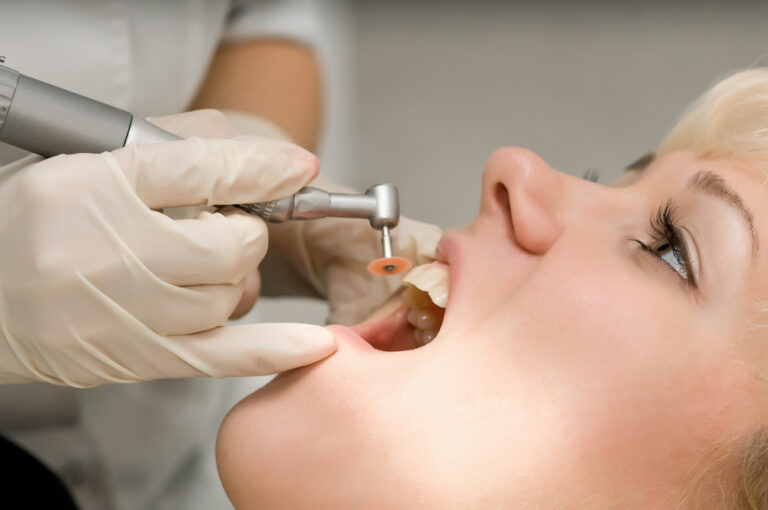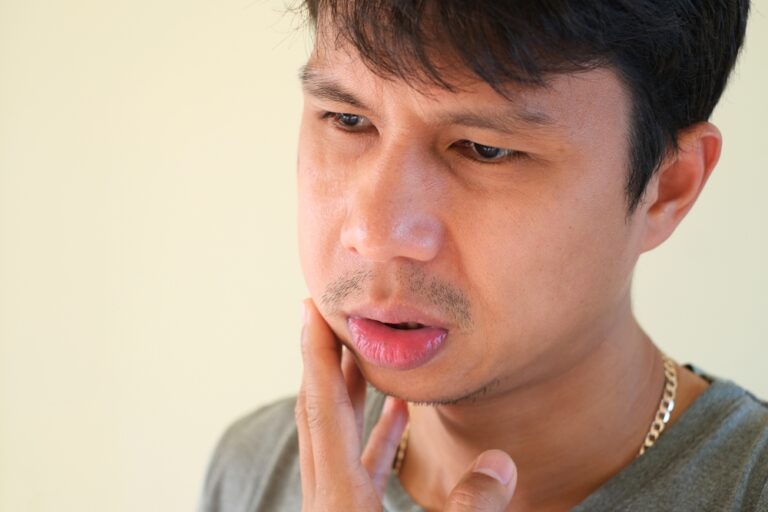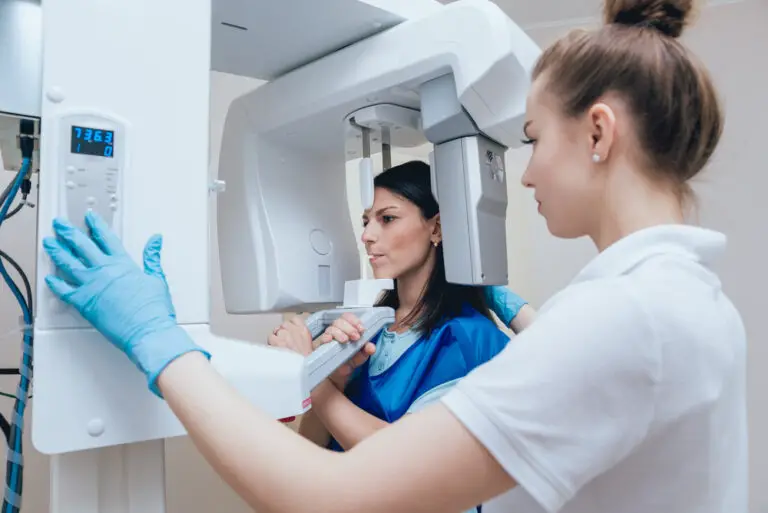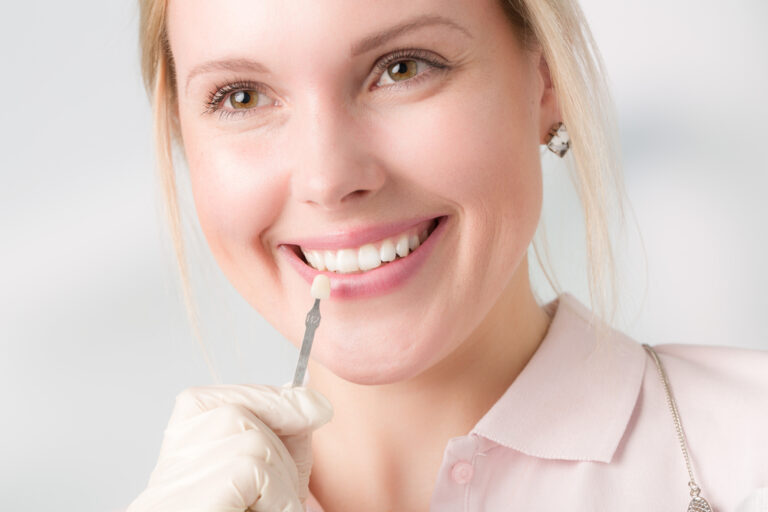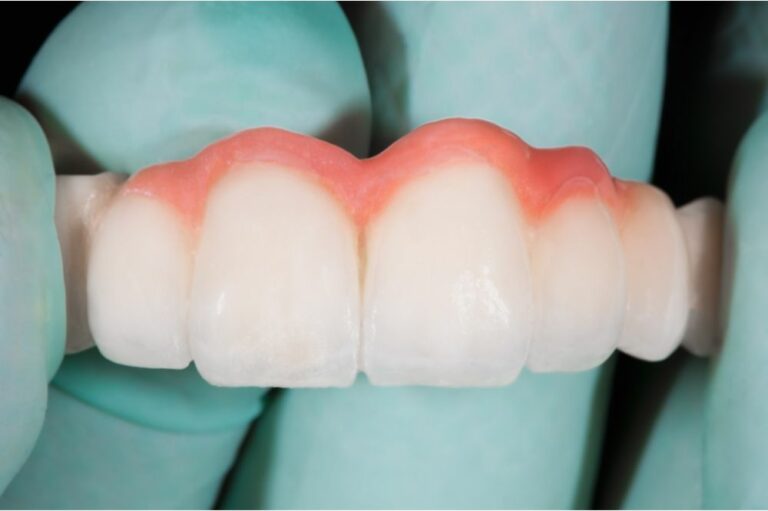Cancer treatments can take a toll on the body, and one of the lesser-known side effects is tooth loss. Cancer patients may be surprised to learn that their oral health can be impacted by chemotherapy and radiation therapy. In this article, we will explore why cancer patients lose teeth and what can be done to prevent and manage this side effect.
Understanding cancer treatments is crucial to understanding why tooth loss can occur. Chemotherapy and radiation therapy are designed to kill cancer cells, but they can also harm healthy cells in the body, including those in the mouth. The mouth is particularly susceptible to damage from cancer treatments because the tissues are constantly renewing themselves, making them more vulnerable to the effects of chemotherapy and radiation.
So how exactly do cancer treatments lead to tooth loss? The answer lies in the damage caused to the teeth and gums. Chemotherapy and radiation therapy can cause dry mouth, which can lead to an increase in bacteria that can cause tooth decay and gum disease. Additionally, cancer treatments can damage the blood vessels that supply the teeth and gums, leading to a lack of oxygen and nutrients that can cause teeth to become loose and eventually fall out.
Key Takeaways
- Cancer treatments can lead to tooth loss due to damage to the teeth and gums caused by chemotherapy and radiation therapy.
- Preventing tooth loss in cancer patients involves maintaining good oral hygiene and working closely with a dental professional to manage side effects.
- Management and treatment options for tooth loss in cancer patients may include dental implants, dentures, and other restorative procedures.
Understanding Cancer Treatments

Cancer treatments, such as chemotherapy and radiation therapy, can have a significant impact on a patient’s dental and oral health. Understanding how these treatments can affect your teeth is important for maintaining good oral health during cancer treatment.
Chemotherapy
Chemotherapy drugs are used to kill cancer cells, but they can also affect healthy cells in the body, including those in the mouth. Chemotherapy can cause a range of oral side effects, such as:
- Increased risk of infection
- Mouth sores
- Dry mouth
- Loss of taste
- Bleeding gums
- Tooth decay
- Tooth loss
Tooth loss is a common side effect of chemotherapy, and it can occur due to a variety of reasons, including:
- Weakened immune system
- Decreased saliva production
- Increased risk of infection
- Damage to the teeth and gums
To prevent tooth loss during chemotherapy, it is important to maintain good oral hygiene habits, such as brushing and flossing regularly, and visiting your dentist for regular checkups.
Radiation Therapy
Radiation therapy is another common cancer treatment that can affect the mouth and teeth. Radiation therapy can cause a range of oral side effects, such as:
- Mouth sores
- Dry mouth
- Tooth decay
- Tooth loss
- Jaw stiffness
- Difficulty opening the mouth
Radiation therapy can also affect the salivary glands, which can lead to dry mouth and an increased risk of tooth decay and tooth loss.
To prevent tooth loss during radiation therapy, it is important to maintain good oral hygiene habits, such as brushing and flossing regularly, and visiting your dentist for regular checkups. Your dentist may also recommend fluoride treatments or other preventive measures to help protect your teeth during radiation therapy.
In conclusion, cancer treatments can have a significant impact on a patient’s dental and oral health, and understanding how these treatments can affect your teeth is important for maintaining good oral health during cancer treatment. By following good oral hygiene habits and working closely with your dentist, you can help prevent tooth loss and other oral side effects of cancer treatment.
Effects of Cancer Treatments on Oral Health

Cancer treatments can have a significant impact on a patient’s oral health. The following are some of the ways in which cancer treatments can affect the mouth and teeth:
- Dry mouth: Radiation therapy and chemotherapy can damage the salivary glands, reducing the amount of saliva produced. This can cause dry mouth, which can lead to tooth decay and gum disease.
- Mouth sores: Chemotherapy can cause painful sores in the mouth and throat, which can make it difficult to eat and talk.
- Tooth decay: Dry mouth and mouth sores can increase the risk of tooth decay.
- Gum disease: Cancer treatments can weaken the immune system, making it easier for bacteria to cause gum disease.
- Jaw stiffness: Radiation therapy to the head and neck can cause the muscles in the jaw to become stiff and painful.
- Bone loss: Radiation therapy can damage the bones in the jaw, leading to bone loss and an increased risk of tooth loss.
- Changes in taste: Chemotherapy can affect the way food tastes, making it less enjoyable to eat.
To minimize the risk of these oral health problems, cancer patients should take good care of their teeth and gums before, during, and after treatment. This includes brushing and flossing regularly, using fluoride toothpaste, and avoiding sugary foods and drinks. Patients should also see a dentist before starting cancer treatment to address any existing oral health issues and to develop a plan for maintaining oral health during treatment.
How Cancer Treatments Lead to Tooth Loss
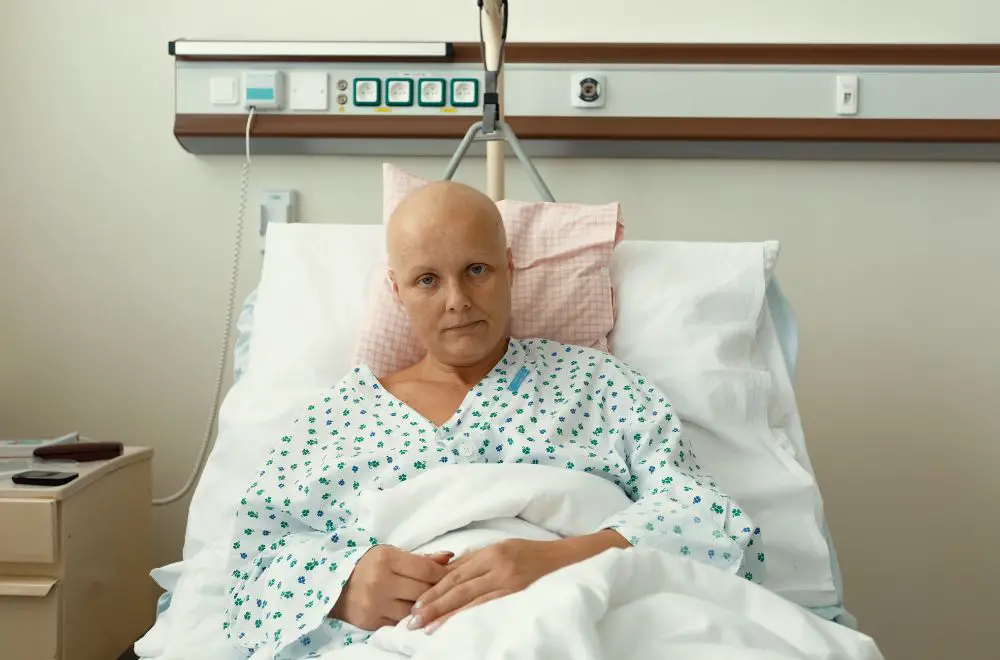
Cancer treatments such as chemotherapy and radiation therapy can have adverse effects on the oral health of patients. One of the most common side effects is tooth loss. Here are some ways in which cancer treatments can lead to tooth loss:
- Chemotherapy: Chemotherapy drugs can damage the cells that make up the lining of the mouth. This can lead to mouth sores, infections, and gum disease, all of which can cause tooth loss. Additionally, chemotherapy can cause a decrease in the number of white blood cells, which can make it harder for the body to fight off infections in the mouth.
- Radiation therapy: Radiation therapy can cause damage to the salivary glands, which produce saliva that helps to protect the teeth from decay. When the salivary glands are damaged, the mouth becomes dry, and the risk of tooth decay and gum disease increases. Radiation therapy can also cause damage to the jawbone, which can lead to tooth loss.
- Bone marrow transplant: Patients who undergo bone marrow transplants may experience a condition called graft-versus-host disease (GVHD), in which the new cells attack the patient’s own cells, including those in the mouth. GVHD can cause painful mouth sores and gum disease, which can lead to tooth loss.
It is important for cancer patients to take good care of their oral health during and after treatment to prevent tooth loss. This includes brushing and flossing regularly, using fluoride toothpaste, and avoiding sugary and acidic foods and drinks. Patients should also visit their dentist regularly and inform them of their cancer treatment history so that the dentist can provide appropriate care.
Preventing Tooth Loss in Cancer Patients
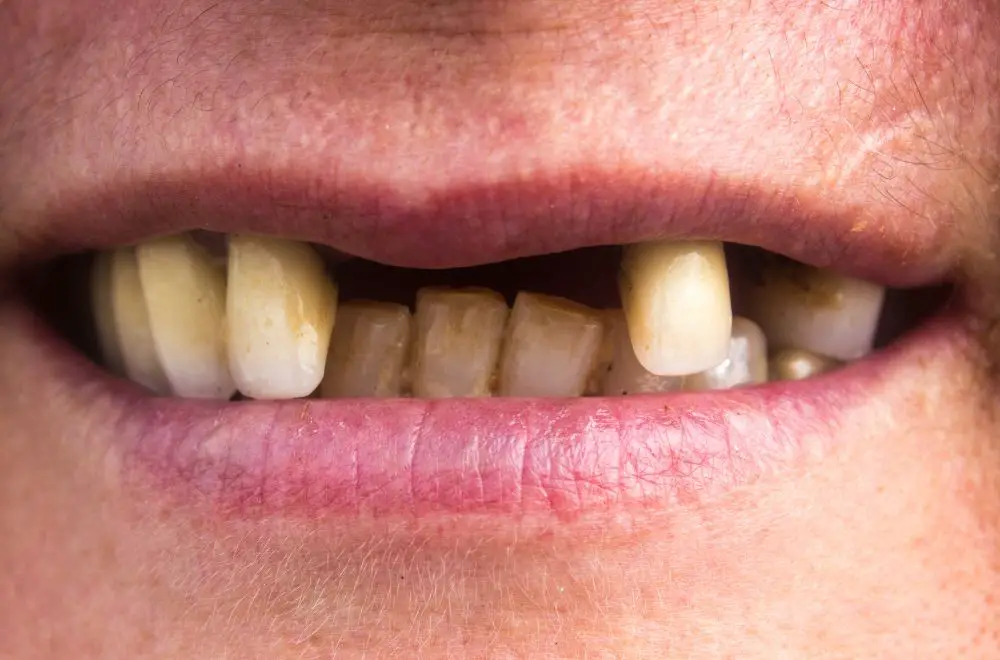
Cancer patients are at a higher risk of experiencing dental and oral complications due to the treatments they undergo. One of the most common complications is tooth loss. However, there are steps that cancer patients can take to prevent tooth loss and maintain good oral health.
Oral Hygiene Practices
Cancer patients should maintain good oral hygiene practices to prevent tooth loss. Brushing teeth twice a day with fluoride toothpaste and flossing daily can help remove plaque and prevent tooth decay. Patients should also use mouthwash to kill bacteria and freshen breath. Additionally, patients should avoid smoking and using tobacco products, as they can increase the risk of tooth loss.
Regular Dental Check-ups
Regular dental check-ups are essential for cancer patients to prevent tooth loss. Patients should see their dentist at least twice a year for routine cleanings and check-ups. During these visits, the dentist can identify any dental issues and provide appropriate treatment. It is also important for patients to inform their dentist of their cancer diagnosis and treatment plan.
Dietary Considerations
Dietary considerations can also help prevent tooth loss in cancer patients. Patients should avoid sugary and acidic foods and drinks, as they can erode tooth enamel and increase the risk of tooth decay. Instead, patients should consume a diet rich in fruits, vegetables, and whole grains. Drinking plenty of water can also help wash away food particles and bacteria.
In conclusion, cancer patients can take steps to prevent tooth loss and maintain good oral health. By practicing good oral hygiene, seeing their dentist regularly, and making dietary considerations, patients can reduce their risk of tooth loss and other dental complications.
Management and Treatment Options for Tooth Loss
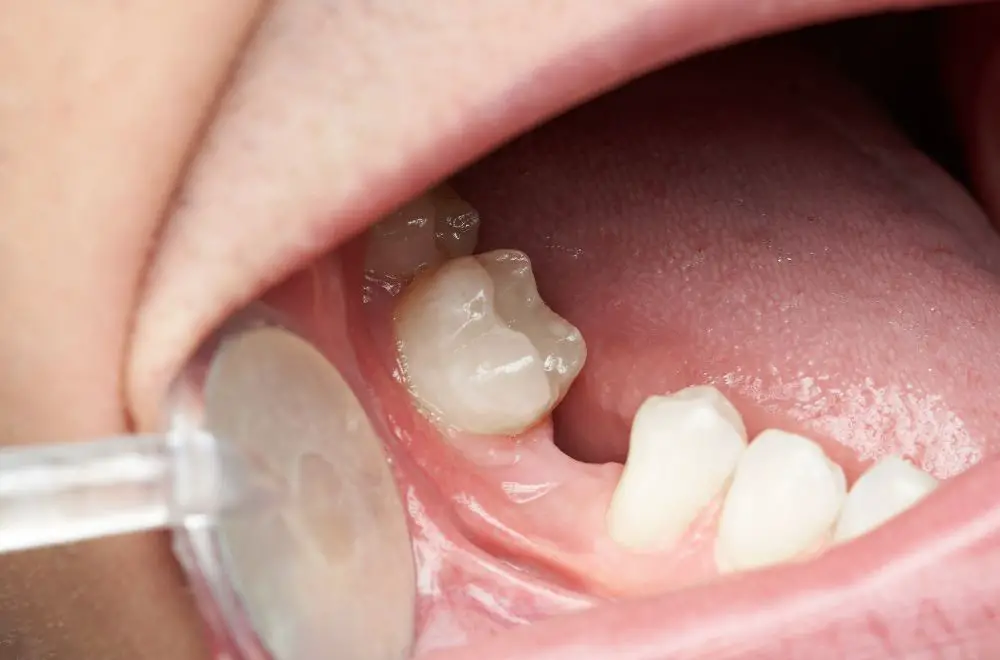
Dental Implants
Dental implants are a popular option for cancer patients who have lost teeth due to cancer treatment. A dental implant is a metal post that is surgically inserted into the jawbone. Once the implant has fused with the bone, a custom-made crown is attached to the top of the implant, creating a natural-looking replacement tooth.
Dental implants are a long-lasting solution for tooth loss, and they are also easy to care for. Patients can brush and floss their implants just like they would their natural teeth.
Dentures
Dentures are another common option for cancer patients who have lost teeth. Dentures are removable prosthetic devices that are custom-made to fit the patient’s mouth. There are two types of dentures: full dentures and partial dentures.
Full dentures are used when all of the patient’s teeth are missing, while partial dentures are used when only some of the patient’s teeth are missing. Dentures can be made from a variety of materials, including acrylic resin, porcelain, and metal.
Bridges
A dental bridge is another option for cancer patients who have lost teeth. A bridge is a prosthetic device that is used to fill in the gap left by a missing tooth. The bridge is anchored to the two adjacent teeth with dental crowns, creating a natural-looking replacement tooth.
Bridges are a good option for patients who do not want to undergo surgery, as they do not require the placement of a metal post in the jawbone. However, bridges are not as long-lasting as dental implants, and they may need to be replaced after a few years.
In conclusion, there are several management and treatment options for cancer patients who have lost teeth due to cancer treatment. Dental implants, dentures, and bridges are all viable options, and patients should work with their dentist to determine which option is best for them.
Frequently Asked Questions
How does cancer treatment affect dental health?
Cancer treatment can affect dental health in several ways. Chemotherapy and radiation therapy can damage healthy cells in the mouth, leading to mouth sores, ulcers, and infections. These treatments can also cause dry mouth, a condition that reduces the production of saliva and increases the risk of tooth decay and gum disease.
What are the dental symptoms of cancer?
The dental symptoms of cancer can vary depending on the type of cancer and the treatment used. Some common symptoms include mouth sores, dry mouth, bleeding gums, tooth decay, and jaw pain.
Can cancer treatment lead to tooth loss?
Yes, cancer treatment can lead to tooth loss. Chemotherapy and radiation therapy can weaken the bones and tissues that support the teeth, making them more susceptible to infection and decay. In some cases, tooth extraction may be necessary to prevent further damage.
What dental treatments are safe for cancer patients?
Dental treatments that are safe for cancer patients include regular cleanings, fillings, and extractions. However, more complex procedures such as dental implants and orthodontics may need to be delayed until after cancer treatment is complete.
What can cancer patients do to prevent tooth decay?
Cancer patients can prevent tooth decay by practicing good oral hygiene habits such as brushing twice a day, flossing daily, and using fluoride mouthwash. They should also avoid sugary and acidic foods and drinks, and stay hydrated to reduce the risk of dry mouth.
How soon after cancer treatment can dental work be done?
The timing of dental work after cancer treatment depends on the type of treatment and the patient’s overall health. In general, dental work should be delayed until the patient’s immune system has recovered and any side effects have subsided. It is important to consult with both the oncologist and dentist before undergoing any dental procedures.

